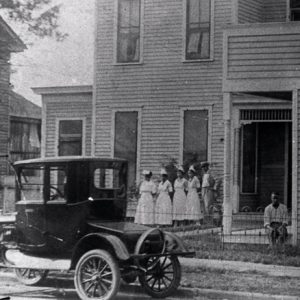 Fred Jones and Nurses
Fred Jones and Nurses
Entry Category: Civil Rights and Social Change - Starting with J
 Fred Jones and Nurses
Fred Jones and Nurses
Jones, Henry (Lynching of)
Jones, James (Lynching of)
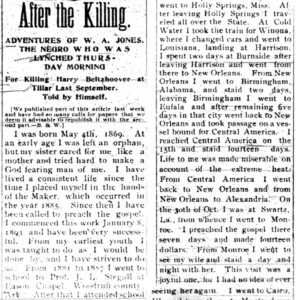 James Jones Lynching Article
James Jones Lynching Article
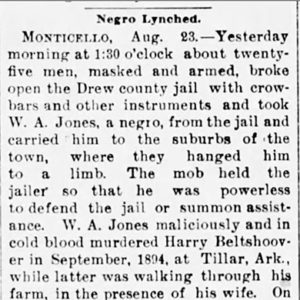 James Jones Lynching Article
James Jones Lynching Article
Jones, Judge (Lynching of)
Jones, Julia Hughes
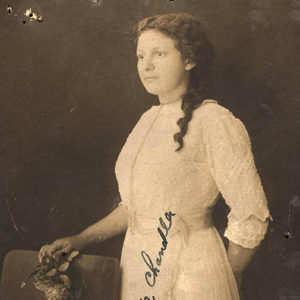 Katie Chandler Jones
Katie Chandler Jones
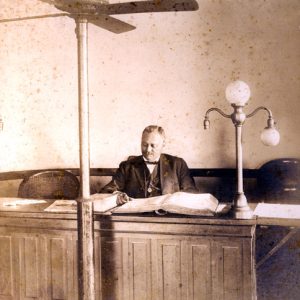 Scipio Jones
Scipio Jones
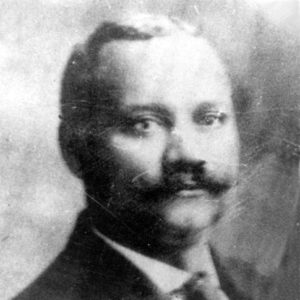 Scipio Jones
Scipio Jones
 Scipio Jones Portrait
Scipio Jones Portrait
Jones, Scipio Africanus
 Jones's License
Jones's License
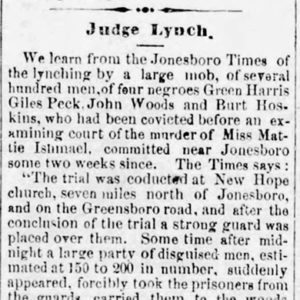 Jonesboro Lynching Article
Jonesboro Lynching Article
Jonesboro Lynching of 1881
aka: Greensboro Lynching of 1881
Jordan, Bob (Lynching of)
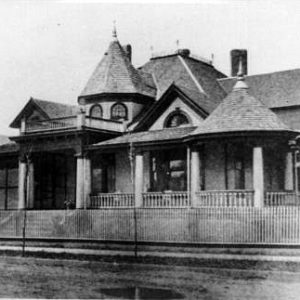 Lena Jordan Hospital
Lena Jordan Hospital
Jordan, Lena Lowe
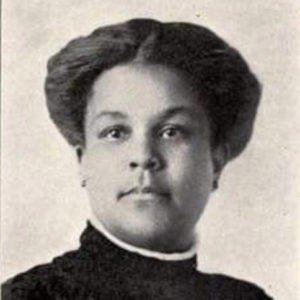 Mame Stewart Josenberger
Mame Stewart Josenberger




